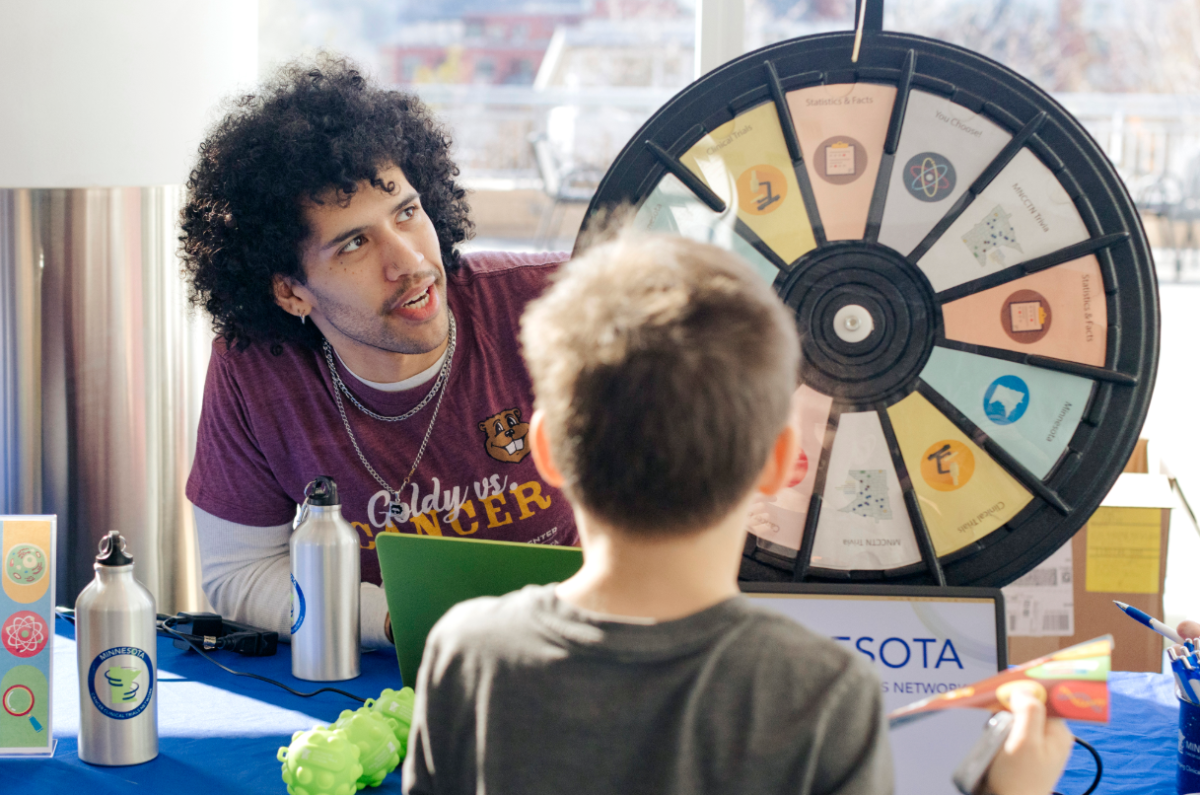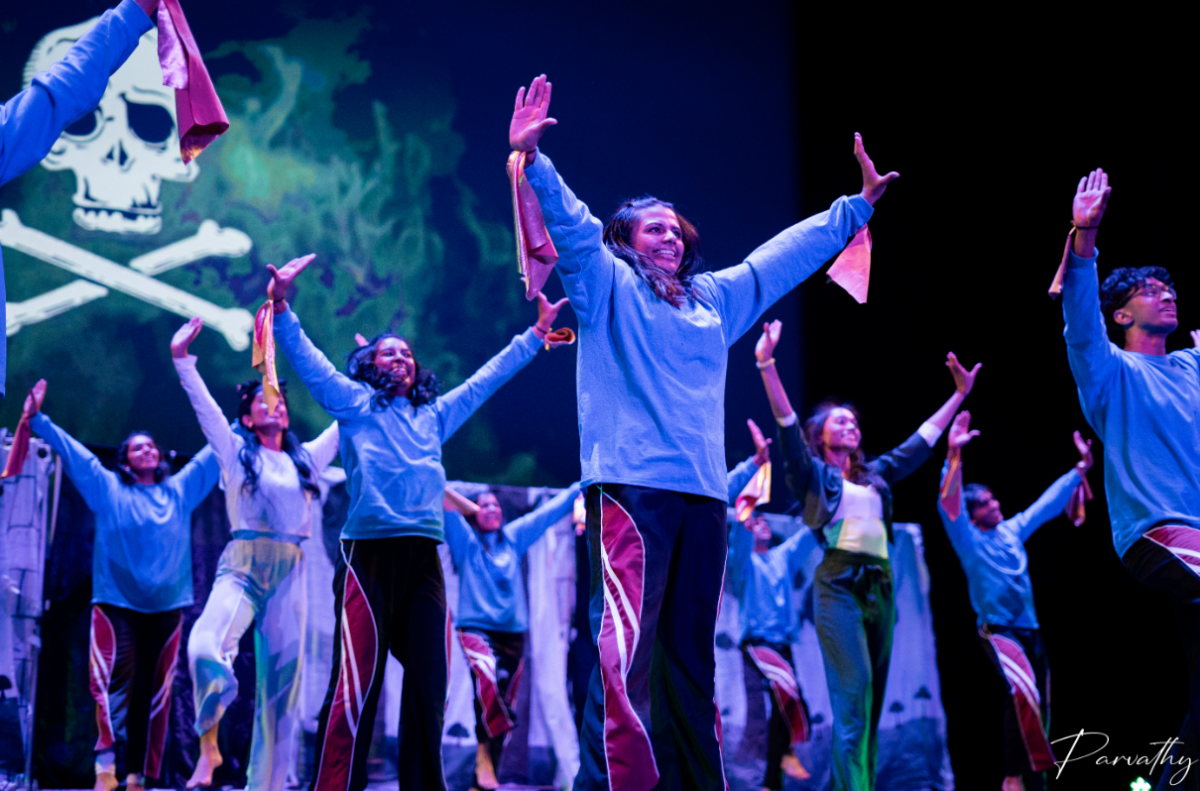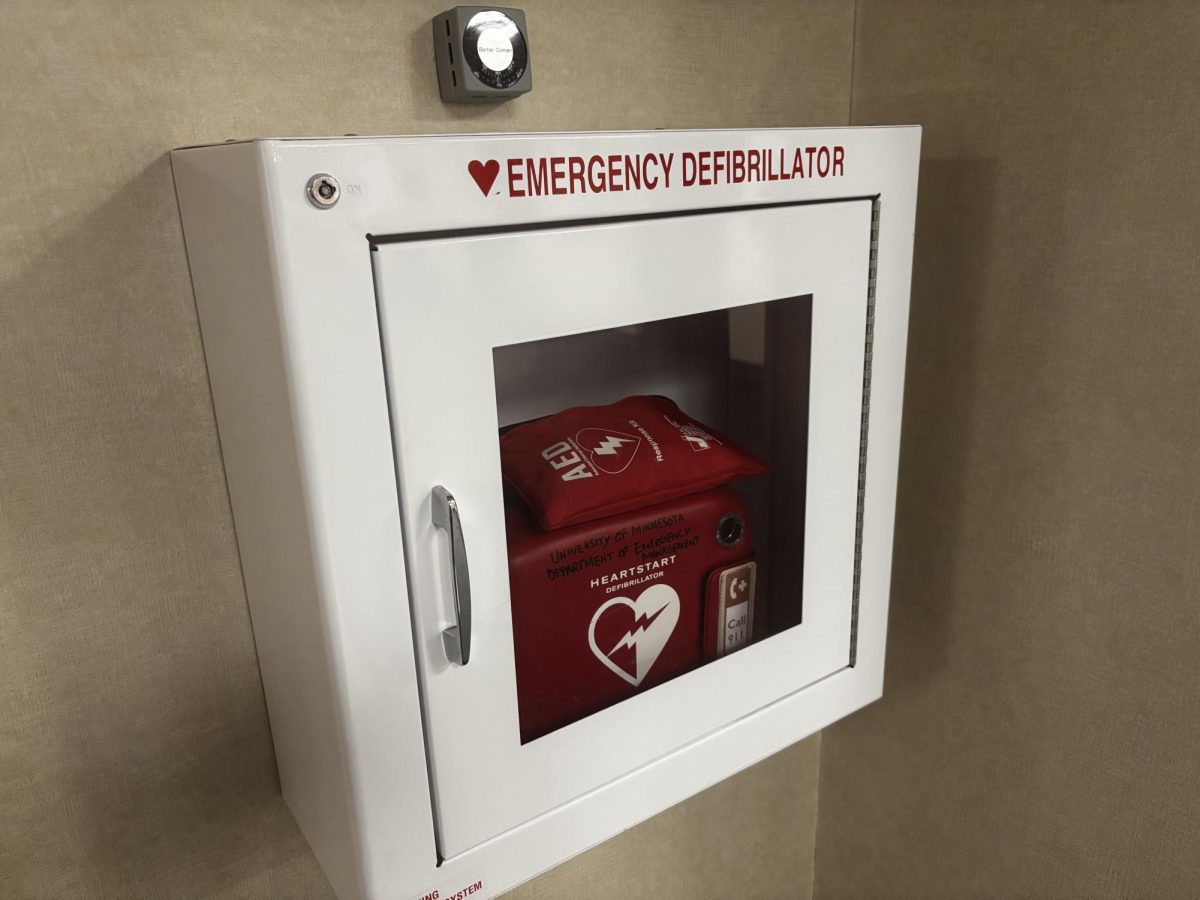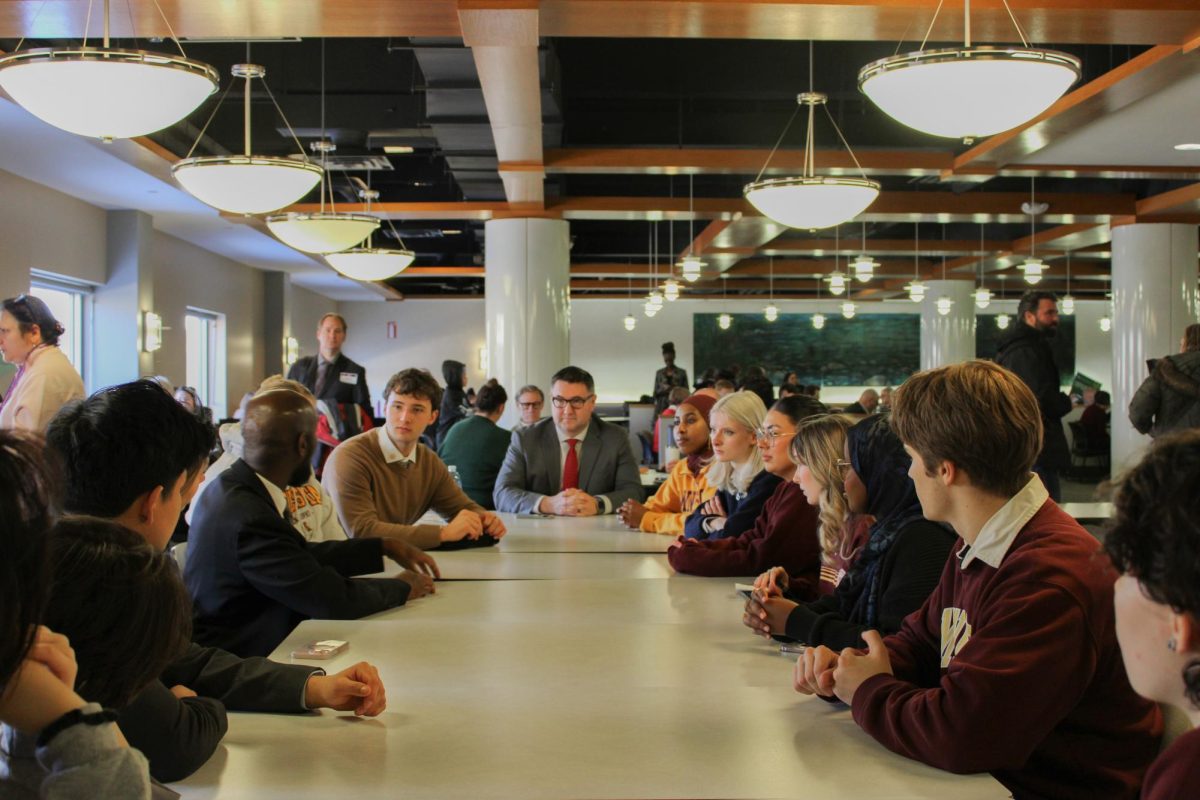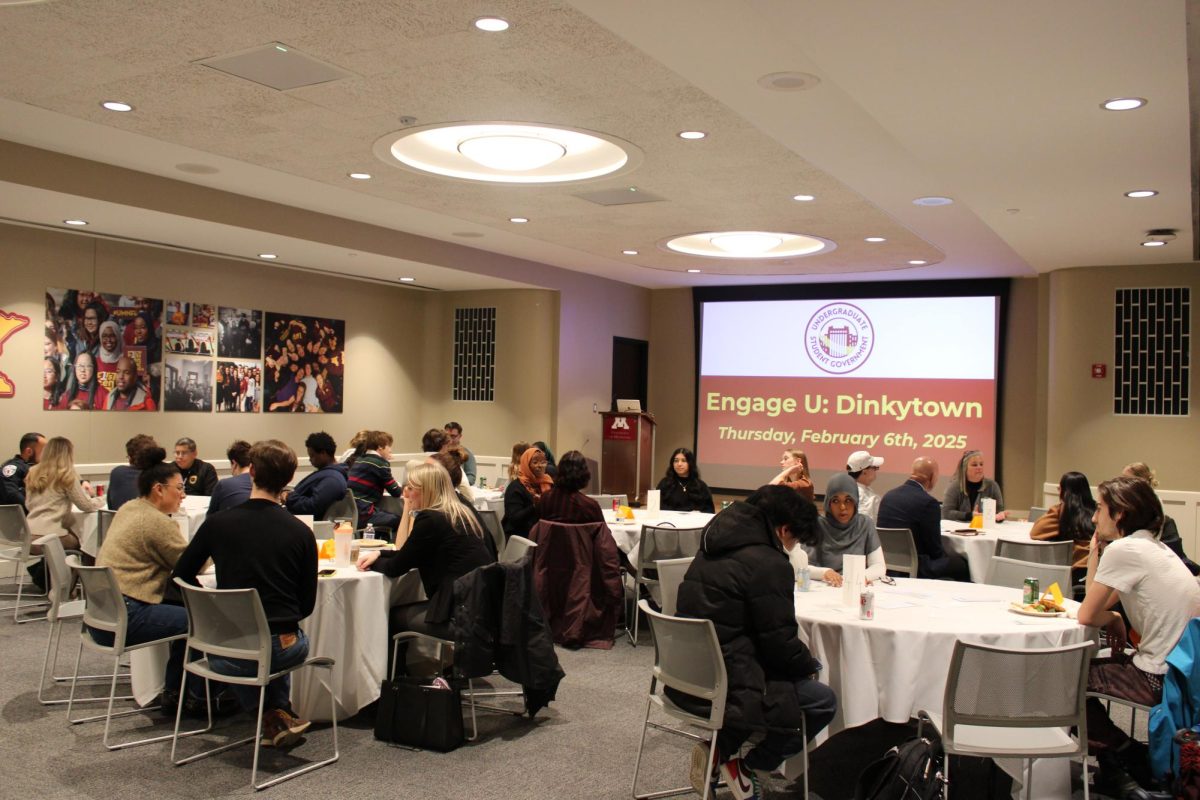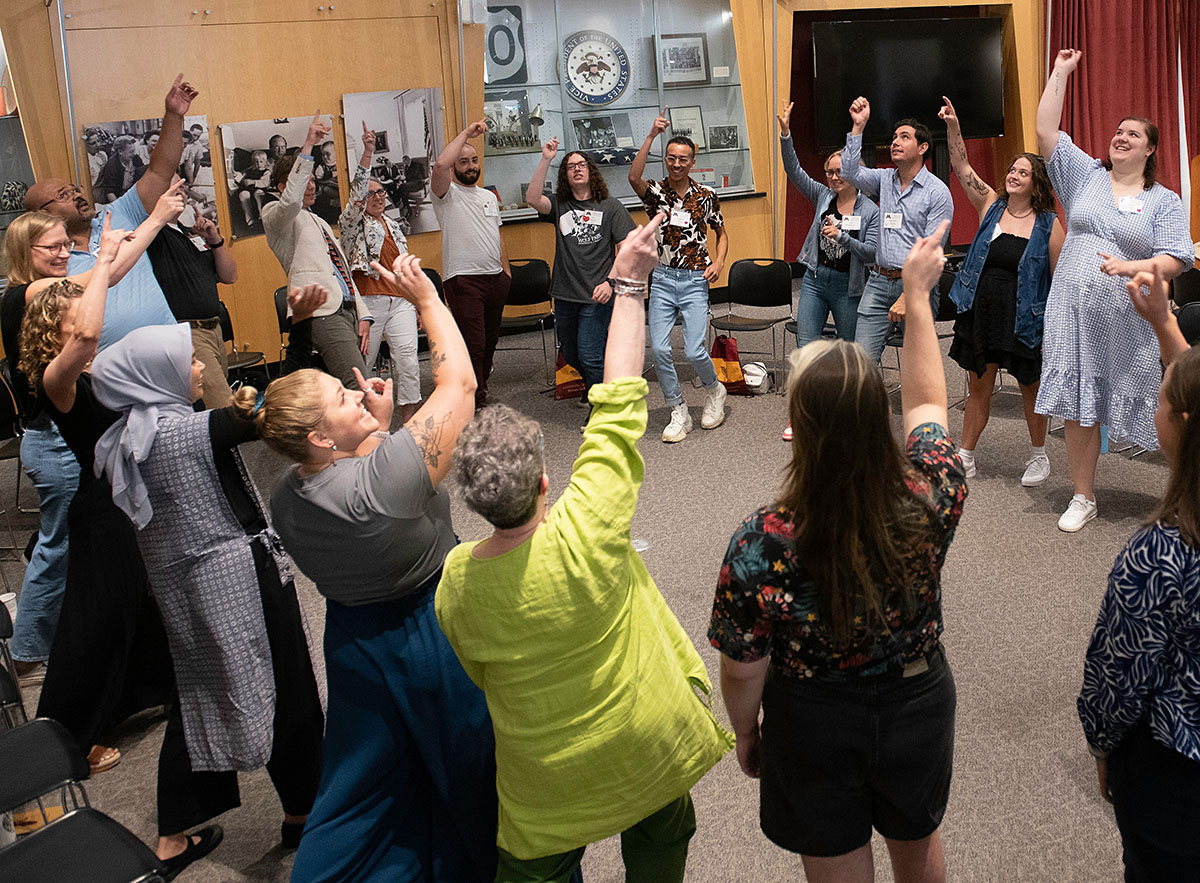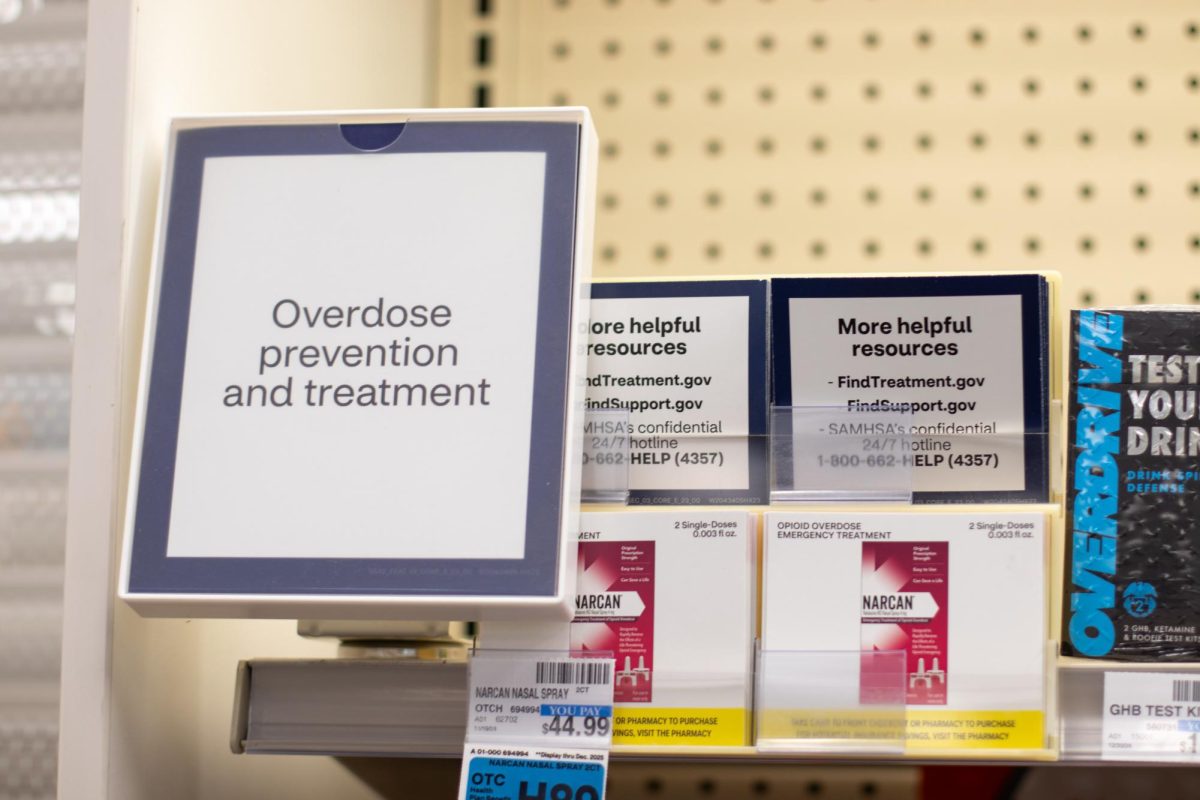The Minnesota Forensics Team, a co-curricular program sponsored by the College of Liberal Arts and the Department of Communication Studies, was born after the University of Minnesota consolidated its speech and debate programs.
Team members represent the University at nationwide speech and debate events, have classroom and campus-wide discussions on current issues and can also earn course credit.
David Cram Helwich, director of the forensics team, said once students are on the team, they usually pursue either speech or debate.
“There are some students who cross back and forth,” Cram Helwich said. “Because there is a separate debate competition circuit that’s different from the speech competition circuit, it’s pretty hard for students to do both in the same year.”
Cram Helwich added that students who love research tend to gravitate toward debate, while students interested in more traditional public advocacy gravitate toward speech.
To join the team, students must enroll in a class within the Department of Communication Studies called “Communications 3614,” which is open to any undergraduate student at the University, according to Cram Helwich.
“We get a mix of students,” Cram Helwich said. “There are a ton of students at the U that have speech and debate experience in high school, and Minnesota has one of the strongest speech and debate circuits in the country, if not the strongest.”
DJ Jacobson, a fourth-year University student, said they did speech in high school and decided to join the team to meet new people.
“Coming to college during the pandemic, I did not make any friends my entire first year, so I decided to join the team to try to make some friends, which I’m very happy to say, I have definitely done,” Jacobson said.
Jacobson added they choose the speeches they work on by thinking about what they are interested in and what other people should know, and the speeches have been a safe space to talk about personal topics.
Jacobson said they have gone through gender changes since joining the team, and it has been a safe space for them to explore their gender journey.
“That has been the subject of a lot of my speeches,” Jacobson said. “Just doing something that lets me explore a side of myself that I hadn’t felt safe to do yet.”
According to Jacobson, they have competed in various tournaments throughout their time on the team.
“Specifically last year, I made it to finals at six different national tournaments, which of course, I am very honored to have that chance,” Jacobson said.
Kacee Wells, a first-year University student on the debate team, said they have had the opportunity to do policy debate with three different partners.
“I’ve gone to every tournament I could because I’ve been having a really fun time on the team,” Wells said.
Gursimrat Dahry, a second-year University student on the speech team, said last year was the first time in team history they ranked in the top 10 at nationals, so the University’s speech is now a top-ten program.
“This was achieved through the talent and hard work of students and coaches,” Dahry said.
According to Cram Helwich, team members have the option of whether they compete in tournaments.
“We actually have some students who just do the preparation work,” Cram Helwich said. “They practice debates, research, practice speeches and they never go to a tournament, but they get a lot out of that.”
Cram Helwich added the work people are asked to do in the class is comparable to what you would expect of a 3000-level class.
“If students want to do more than that, and some of them do, they do as much work as a varsity athlete,” Cram Helwich said.
According to Dahry, the class puts a great emphasis on the process of practicing.
“We have different assigned coaches, and they’ll all listen to our speakers one by one and then give feedback,” Dahry said. “I think we’ve really gotten that down as a system.”
Dahry added that speech can be a “mentally exhaustive activity” because of its element of competition, but she always feels like she can go to her coaches for support if she is feeling stressed, even outside of speech.
“They will go to the ends of the earth to help you solve that problem,” Dahry said. “Even if that means delivering a cookie to your apartment when you’re sad or having conversations with you for hours on end.”



